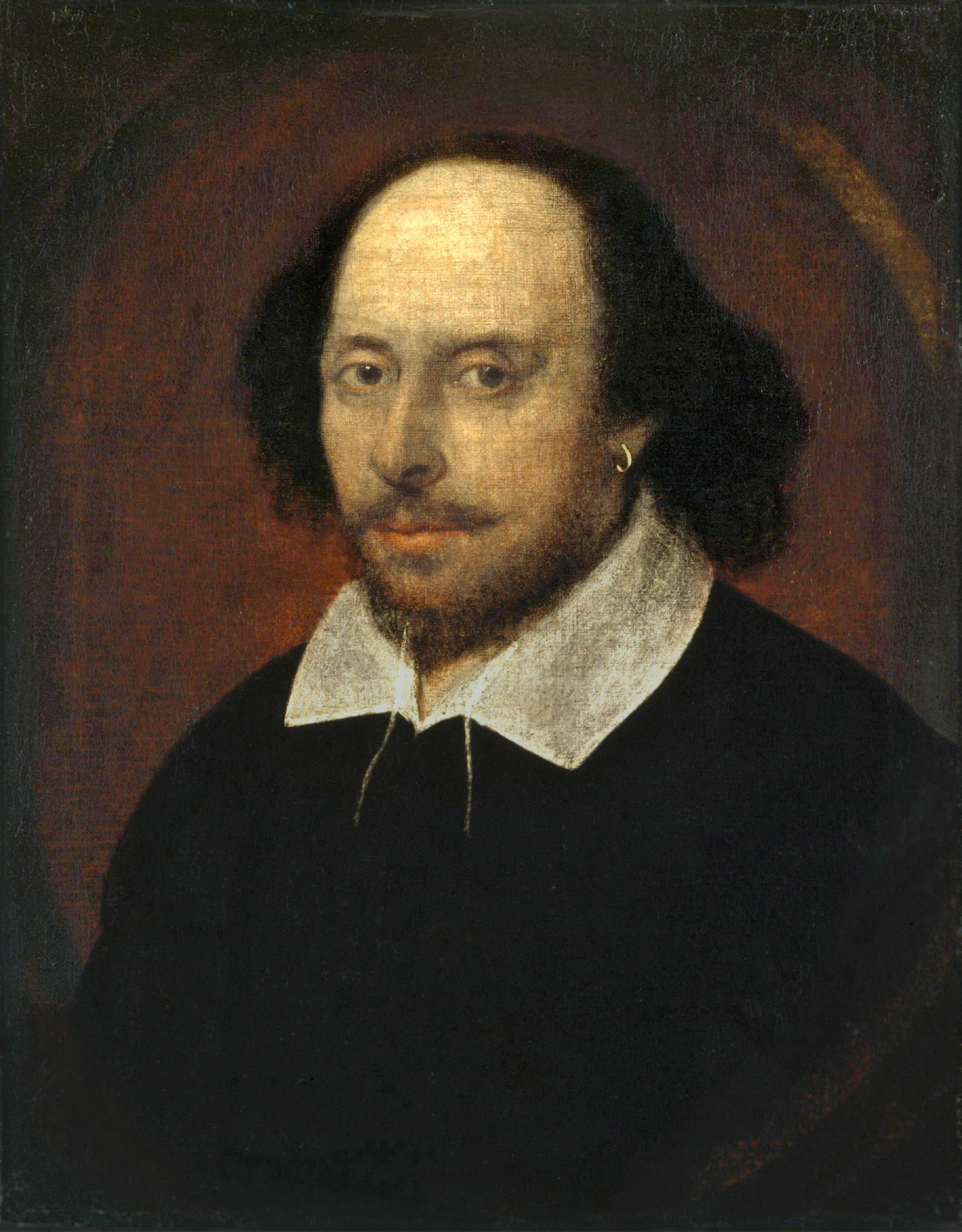Source: Much Ado About Nothing
William Shakespeare Quotes
“But, soft! what light through yonder window breaks?
It is the east, and Juliet is the sun.”
Romeo, Act II, scene ii.
Variant: What light through yonder window breaks?
Source: Romeo and Juliet (1595)
“I do love nothing in the world so well as you- is not that strange?”
Source: Much Ado About Nothing
“What's in a name? That which we call a rose,
By any other name would smell as sweet.”
Juliet, Act II, scene ii.
Variant: A rose by any other name would smell as sweet.
Source: Romeo and Juliet (1595)
“The lunatic, the lover, and the poet, are of imagination all compact.”
Source: A Midsummer Night's Dream
Source: All's Well That Ends Well
Shylock, Act III, scene i.
Source: The Merchant of Venice (1596–7)
Context: I am a Jew. Hath not a Jew eyes? Hath not a Jew hands, organs, dimensions, senses, affections, passions; fed with the same food, hurt with the same weapons, subject to the same diseases, heal'd by the same means, warm'd and cool'd by the same winter and summer, as a Christian is? If you prick us, do we not bleed? If you tickle us, do we not laugh? If you poison us, do we not die? And if you wrong us, shall we not revenge?
“Are you sure/That we are awake? It seems to me/That yet we sleep, we dream”
Source: A Midsummer Night's Dream
Source: Macbeth, Act V, scene v.
Context: Tomorrow, and tomorrow, and tomorrow,
Creeps in this petty pace from day to day,
To the last syllable of recorded time;
And all our yesterdays have lighted fools
The way to dusty death. Out, out, brief candle!
Life's but a walking shadow, a poor player
That struts and frets his hour upon the stage,
And then is heard no more. It is a tale
Told by an idiot, full of sound and fury,
Signifying nothing.
“When I said I would die a bachelor, I did not think I should live till I were married.”
Source: Much Ado About Nothing
“For which of my bad parts didst thou first fall in love with me?”
Source: Much Ado About Nothing
“Cry havoc and let slip the dogs of war!”
Source: Julius Caesar
“Love comforteth like sunshine after rain.”
Source: The Complete Sonnets and Poems
“A sad tale's best for winter: I have one of sprites and goblins.”
Source: The Winter's Tale
“There was a star danced, and under that was I born.”
Source: Much Ado About Nothing
“If music be the food of love, play on.”
Orsino, Act I, scene i.
Variant: Music, moody food
Of us that trade in love.
Source: Twelfth Night (1601)
“I’ll follow thee and make a heaven of hell,
To die upon the hand I love so well.”
Source: A Midsummer Night's Dream
“You are a lover. Borrow Cupid's wings
and soar with them above a common bound.”
Source: Romeo and Juliet
“My only love sprung from my only hate.”
Source: Romeo and Juliet
“Sit by my side, and let the world slip: we shall ne'er be younger.”
Source: The Taming of the Shrew
